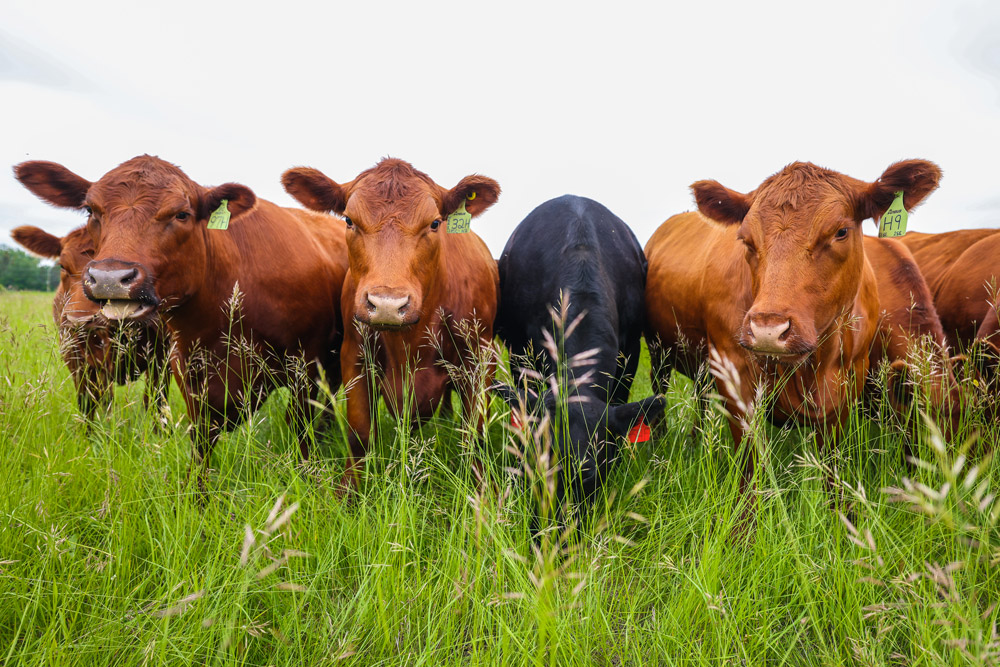
Lakeland College and Olds College of Agriculture & Technology have collaborated to deliver industry-recognized, microcredentials covering Beneficial Management Practices (BMPs) in three areas for Professional Agrologists and Certified Crop Advisors.
The courses are aligned with the On-Farm Climate Action Fund (OFCAF), a program to support farmers in adopting beneficial management practices (BMPs) that store carbon and reduce greenhouse gases, while increasing the sustainability, efficiency, and resiliency of their farming operations.
Cost: $200 per microcredential
Delivery: Online
Dates: 2nd Wednesday of each month
Length: Each course will take approximately 10 hours to complete. Participants will have 2 months to complete the work.
The Sustainable Agriculture Digital Badge includes the following microcredentials: